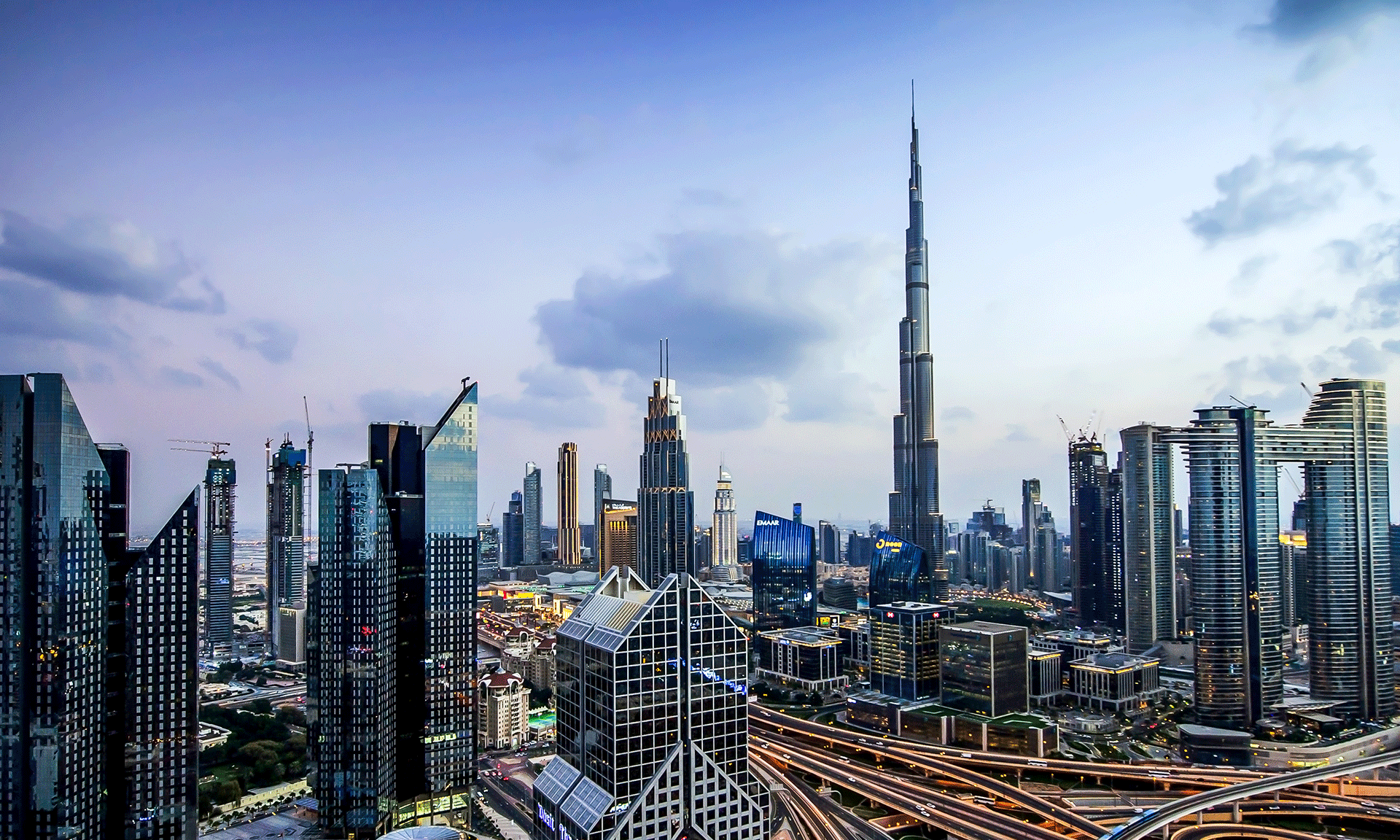The New Year has begun with a lot of good news for UAE women and also for all expat investors, businessmen, executives and specialists in the field of science, medicine, or research. A new quota system promises to reserve 50 percent seats for women in the Federal National Council (FNC) this year during the FNC elections. This move will push UAE to the fourth position in the world as per the Inter-Parliamentary Union.
20 out of the 40 FNC members will mandatorily be women
In 2019, more women would be seen on top jobs in the judicial system, diplomatic services and other areas, thus improving gender equality in the workplace. UAE authorities have also taken initiatives to enhance women’s participation in advanced sciences and also give prenatal and postnatal healthcare to all women.
The government will also now permit foreigners to stay in the country even after they retire, from this year onwards. Expats of the age of 55 or above would be eligible to obtain a five-year retirement visa in case they meet the criteria: owning property worth at least Dh2 million, or having a saving of at least Dh1 million, or having an active income of over Dh20,000 per month.
100 percent foreign ownership
Dr. Mohammad Al Khazraji, who is a leading Emirati lawyer, pointed towards the recent Cabinet measures and said that this is a great news for someone who loves working and living in the UAE, but could have struggled to settle somewhere after retirement. This new year will see another announcement for 100 percent foreign ownership of UAE companies, thus making the nation a more attractive destination for investors who want to take over local companies or start their business in the UAE.
Getting new long-term visas
In 2019, businessmen, investors, entrepreneurs and specialists (in the area of medicine, science or research) would be allowed to reside in the country for up to 10 years only on one visa.
Students with outstanding performance and grades would be now eligible for getting a long-term visa; this move will encourage budding professionals to live and work in the UAE for a long term.
Visa upgradation
Those investing in the country can get a five or 10-year residency visa, which depends on the volume of their investment. The investor’s spouse, or family like children, and also one of the executive directors and one adviser would also be eligible to get long-term visa.
Businessmen who have done a project earlier worth at least Dh500,000, or those who obtained approval of a UAE’s accredited business incubator, would get a visa for five years, with an option of upgradation to an investor visa, in case the required conditions are fulfilled.
Outstanding students who have scored at least 95 percent in school and also a grade point average of a minimum of 3.75 while graduating from universities in the UAE and in other nations would be eligible to get a five-year visa.
If you need any assistance or are looking for Dubai residence visa services or PRO services in Dubai, get in touch with us and we would be happy to help.























